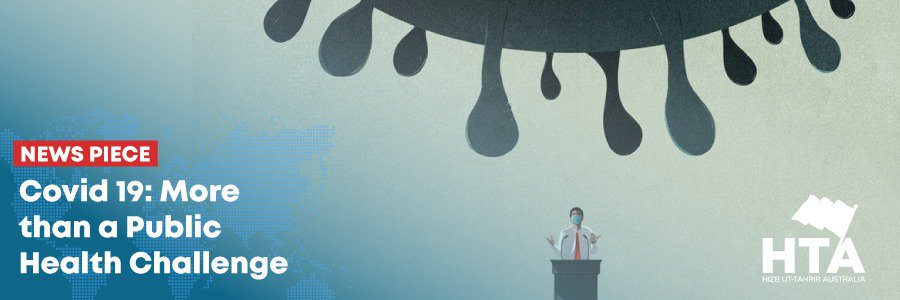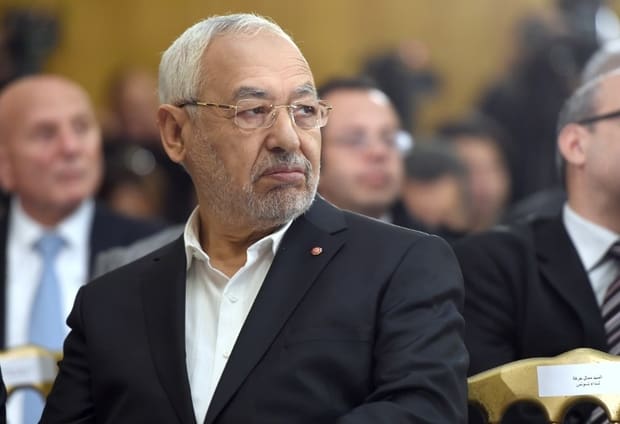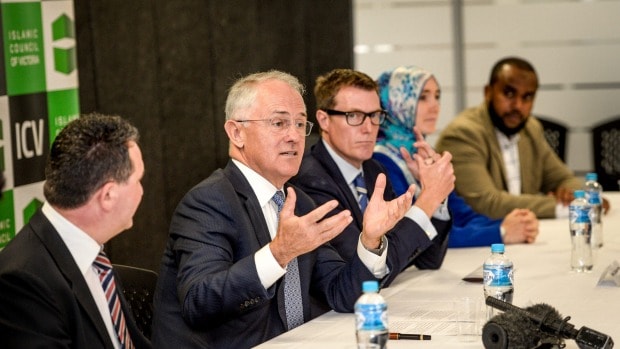Covid-19 will change the world in more ways than we can currently imagine. It’s challenges extend far beyond immediate public health considerations, and will profoundly alter global social, political and economic realities.
Irrespective of the roots of Covid-19 – whether it developed naturally or was formulated in a lab – its lack of containment has revealed the limitations of existing political and economic frameworks and brought to the fore pre-existing fault lines.
The first casualty of this pandemic is globalisation – an idealistic view of the world emphasising a shared connectedness and shared prosperity. Globalisation was always a mask for the first world’s exploitation of the third world, and as soon as Covid-19 shook the first world, shutters went up, borders were closed, and national interests championed over shared interests.
The next casualty was neo-liberalism – a political and economic philosophy measuring all aspects of human existence in terms of economic utility. Riding on the back of globalisation, neo-liberalism insisted upon the unimpeded movement of people and capital across borders, forcing in the process structural economic changes that demanded the removal of all other political, cultural and religious considerations. The fact the first world has now been forced to choose between economic and human life – something it has long imposed on the rest of the world – has revealed the futility of neo-liberalism and the primacy it gives to all things economic.
The diety of modern statehood has also been placed on the crucifix. For centuries, it has imposed itself at the centre of human life, insisting it alone can best serve humans. But the woeful responses of American and European states has shattered this fantasy in front of its people, caught completely unprepared and wholly overwhelmed. Wealth and class inequalities have again been exposed, faith in science alone revisited, and the scenes of unprecedented numbers dead or neglected has destroyed the view of the state’s role as protector. In some countries, the fragile balance between competing political actors threatens to spill over into open conflict.
The fallacy of centering of all things Western has also been exposed. Rather than leading the global fight against Covid-19, Western states have turned insular by prioritising its own interests over the rest of the world. Export restrictions have been imposed, movement of people curtailed, and artificial economic rescue packages imposed. At the same time, foreign assistance has not been extended, international institutions have been undermined, and the global order constructed over decades discarded at the drop of the hat. Traditional international actors are faltering whilst the world is learning to rely on alternative emerging states.
Covid-19 is not just a public health challenge. It is a monumental dagger that has taken swipe at existing global economic and political frameworks. As it currently stands, the world as we knew it pre-Covid-19 will emerge radically different after Covid-19. Time will tell how different that new world will be.
![]()














![Talks + slides: How Islamic is “Islamic Finance”? [Event + Q&A]](https://www.hizb-australia.org/wp-content/uploads/2017/04/802cee48-262f-4df9-af1e-0a12fdd05d28.jpg)
